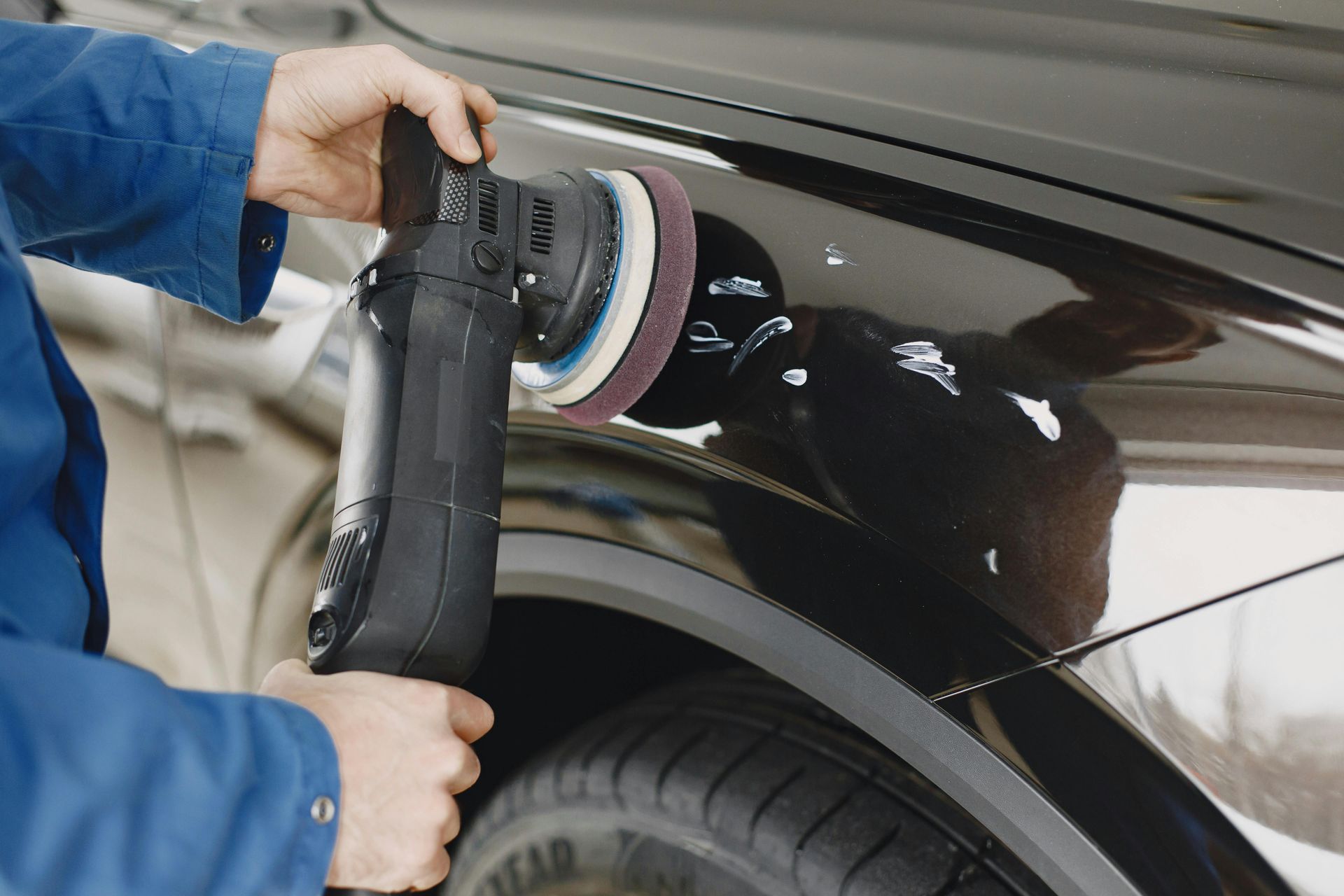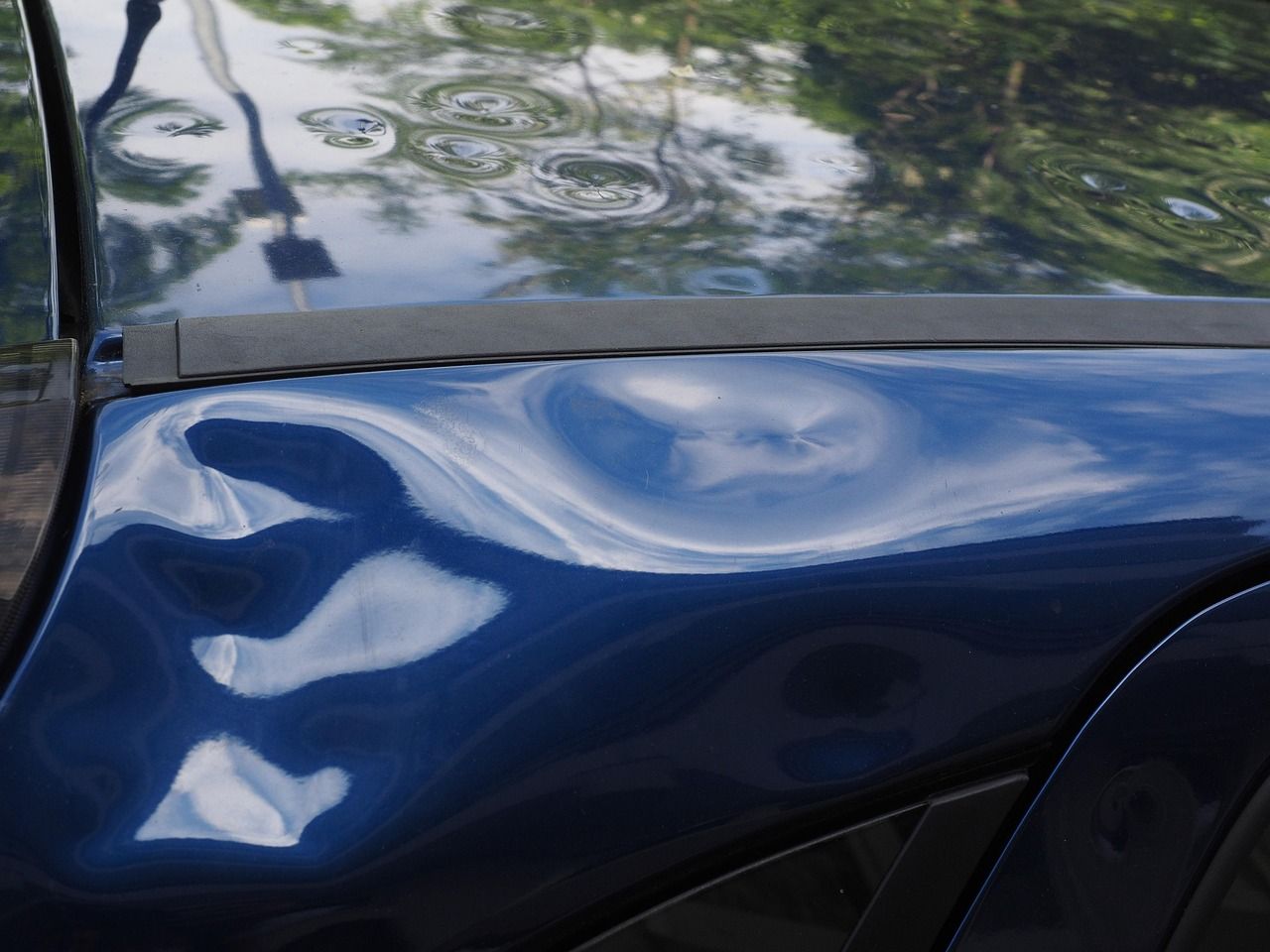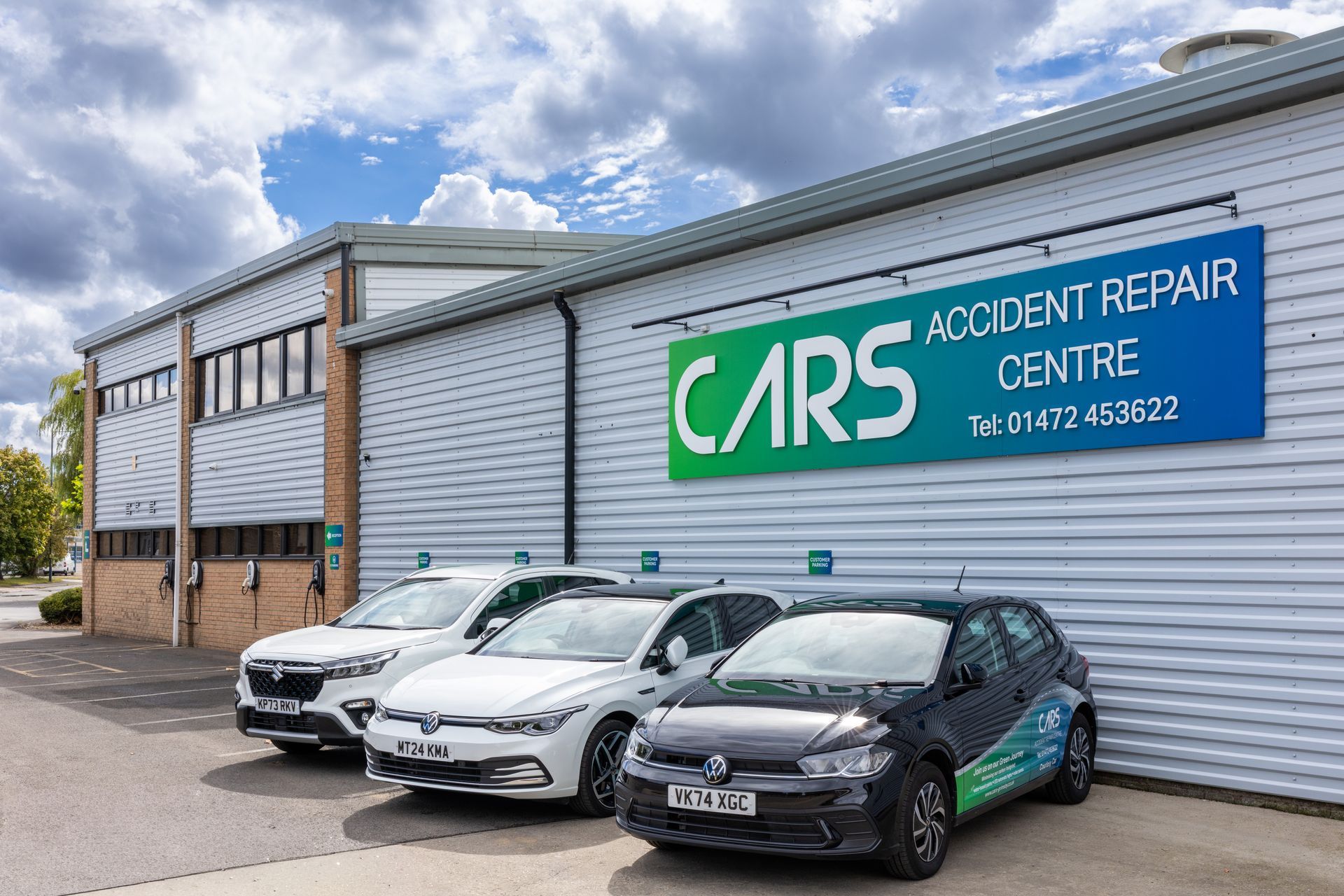What is adaptive cruise control?
Adaptive cruise control is an increasingly common feature on modern vehicles, which typically operates using radar technology to automatically speed up or slow down a vehicle to keep pace with the traffic ahead.
This differs from traditional cruise control, as its advanced components are constantly adapting to the road and traffic in front, always maintaining a safe distance.
Most vehicles allow you to set a maximum desired speed for your vehicle, so if the car in front has a sudden (and potentially dangerous) increase in speed, your vehicle won’t replicate this behaviour, but will maintain a safe distance from the vehicle in front. In some vehicles, you can also set the gap you wish to maintain from the vehicle ahead in metres or seconds.
In some cases, your vehicle may come to a total stop if an obstruction is detected.
The cruise control system is usually deactivated by applying the brakes. This highlights how important it is to remain alert at all times, regardless of any self-driving technology being used. These technological developments should never be a replacement for human attention.
If for any reason, the angle of the radar sensor is altered (for example, due to wheel alignment or removal and re-fit of the radar sensor itself), the system must be calibrated.













